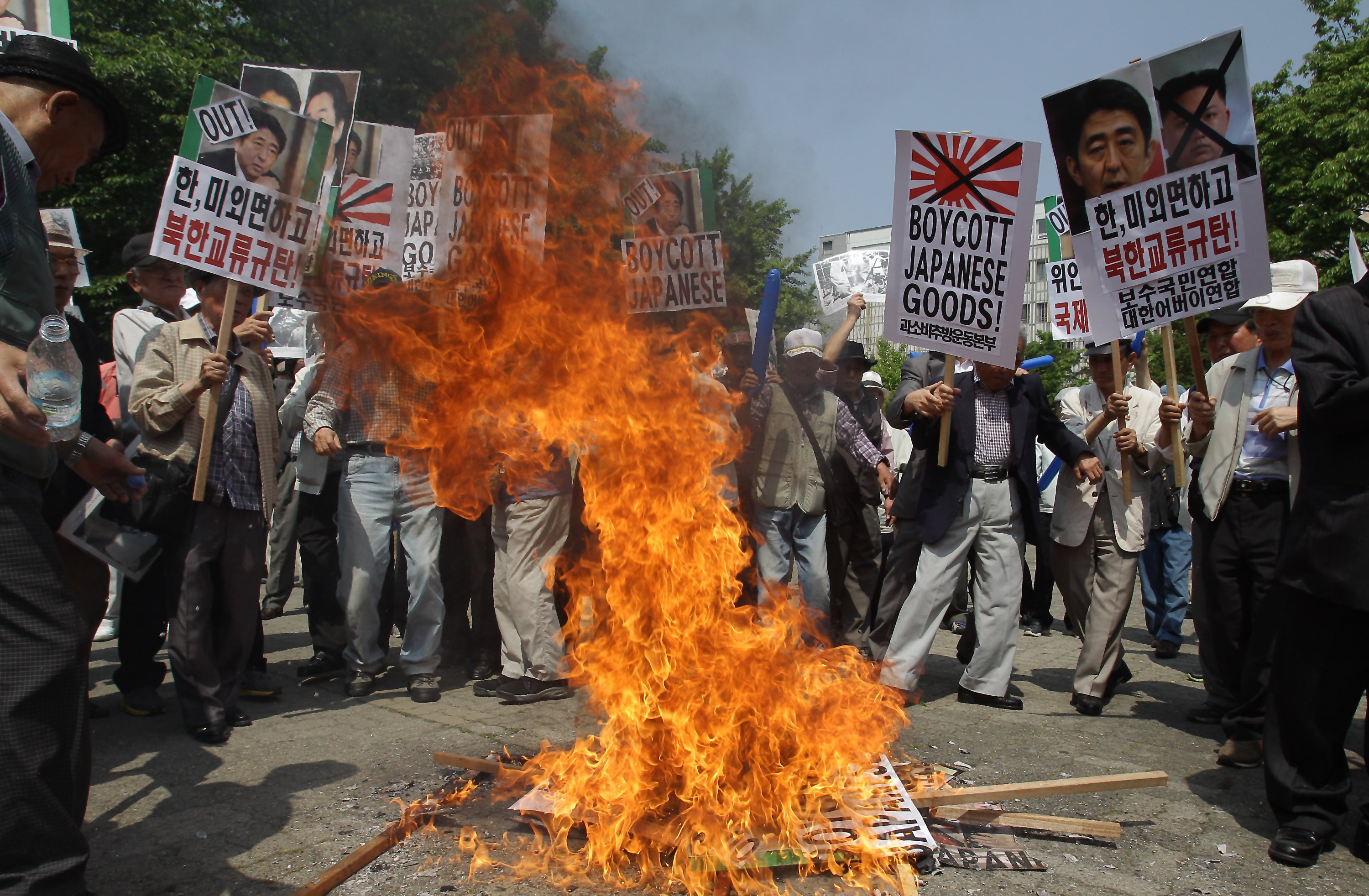China has been successfully exploiting the disarray caused by COVID-19 to coerce neighbors, project power, and expand its global influence. There must be a coordinated global response to China’s accelerated aggression, lest Beijing become even more emboldened, further threatening the security of countries in the region and the international system as a whole.
China’s Belt Road Initiative (BRI) investments already give them unfettered access and leverage with a host of developing countries desperate for funding and infrastructure development. Many of those countries are run by corrupt authoritarians that prop up their own regimes by skimming off funds provided by China, thus perpetuating China’s preferred authoritarian model of government.
Countering the BRI related economic coercion alone would require significant coordination among the remaining G6, but unfortunately the economic coercion has coincided with increased military, diplomatic, and disinformation campaigns designed to take advantage of the chaos and current international leadership vacuum.
China’s fortification of islands in the South China Sea is as ominous, though more subtle, as their imposition of a “National Security Law” on Hong Kong. The island bases give them the ability to project force further South, engage naval and air forces at a distance from the mainland, and expand their naval harassment of civilian and military vessels operating in international waters. Secretary of State Mike Pompeo’s recent statement shows that the United States is correctly concerned, but that must translate into more cooperation and support given to the countries in the Indo-Pacific region that are on the front-lines against Chinese aggression.
China benefits from unilateral engagement with other countries because of its military, political, and economic heft. To combat that, the U.S. should embrace a multilateral approach, encompassing eight key political forces: Australia, ASEAN, Canada, India, Japan, Korea, the U.K., and the E.U.
RELATED

Start with discussions between the U.S. Secretaries of State and Defense, their deputies and their counterparts from abroad, focused on diagnosing the efforts China has taken to coerce or manipulate each country in the Indo-Pacific region. Once the full scope of the issues are on the table for all to see, cooperative initiatives to counter China’s pressure campaigns can be planned and implemented.
Immediate overtures from the United States will help build trust. The United States must be unequivocal about where it stands on Chinese actions. It should start by vociferously condemning the genocide of Uyghurs in China, the National Security Law imposed on Hong Kong, and aggressive maritime actions against ASEAN countries.
The United States should establish an intel sharing agreement with the aforementioned parties similar to the Five-Eyes Agreement shared between the U.S., U.K., Canada, New Zealand and Australia. This, combined with dedicated lines of communication, will help all parties anticipate and respond to Chinese provocations.
The United States should further cement ties by spearheading a multi-lateral free trade agreement with the aforementioned parties. This agreement would be similar to the Comprehensive and Progressive Agreement for Trans-Pacific Partnership (CPTPP) currently implemented with 11 signatories (not the U.S.), but with the eight targeted political entities; call it something like the Cross Atlantic Indian Pacific Ocean Council (CAIPOC) or Trans Ocean Partnership Agreement (TOPA). This would establish an economic bloc that could negotiate on behalf of its members with China, thus circumventing China’s ability to manipulate individual countries within the bloc.
If the international community fails to counter China at this critical juncture, future efforts will be even more complicated by their ongoing intimidation campaigns in areas as far abroad as South America. The longer China has to woo or coerce other countries, the more difficult it will be to reverse their diplomatic, propaganda, military, and economic gains and inroads being made in Asia and around the world.
China’s rapid suspension of rights in Hong Kong shows just how brazen they have become while much of the world is concentrating on combating COVID-19. If their less restrained aggression is not immediately combatted, China will become further emboldened and pose a significant threat to Taiwan, while escalating pressure on U.S. allies in the region, and the international system writ large.
By formally partnering with impacted countries in the Indo-Pacific, the United States, Canada, and Europe can help secure the region against China’s brand of authoritarianism and ensure China will face consequences for their aggressive actions.
David Geaney has served on multiple assignments and deployments to the Middle East and the Pacific region. He served as a panelist on the rise of China in 2016 for the International Studies Association. The views expressed in this article are solely those of the author and do not reflect the official policy or position of the Air Force, the Defense Department or the U.S. government.








